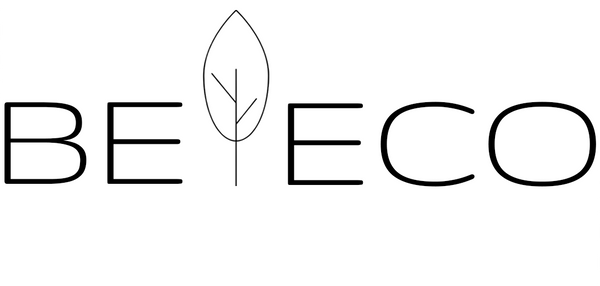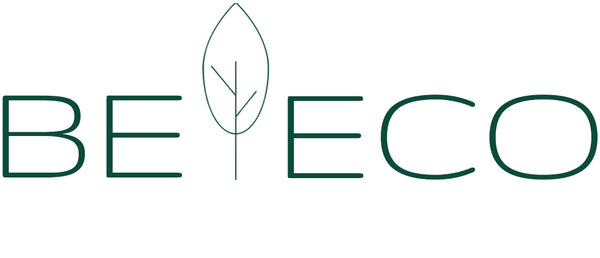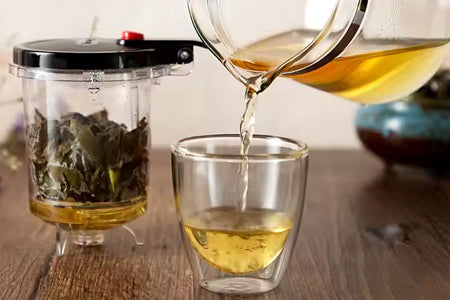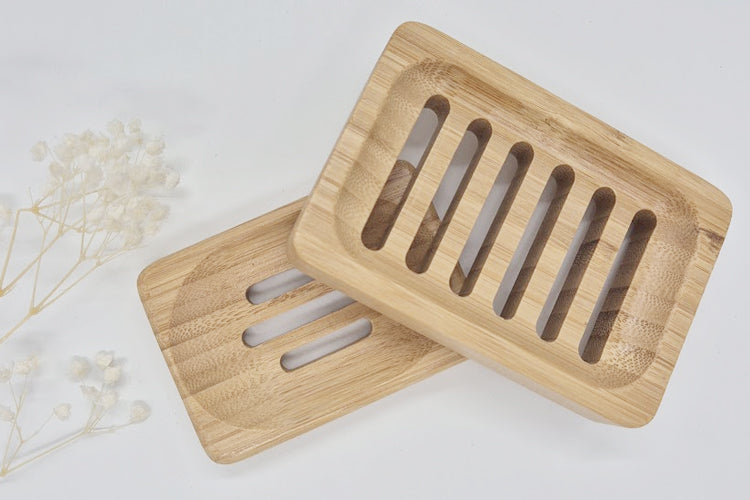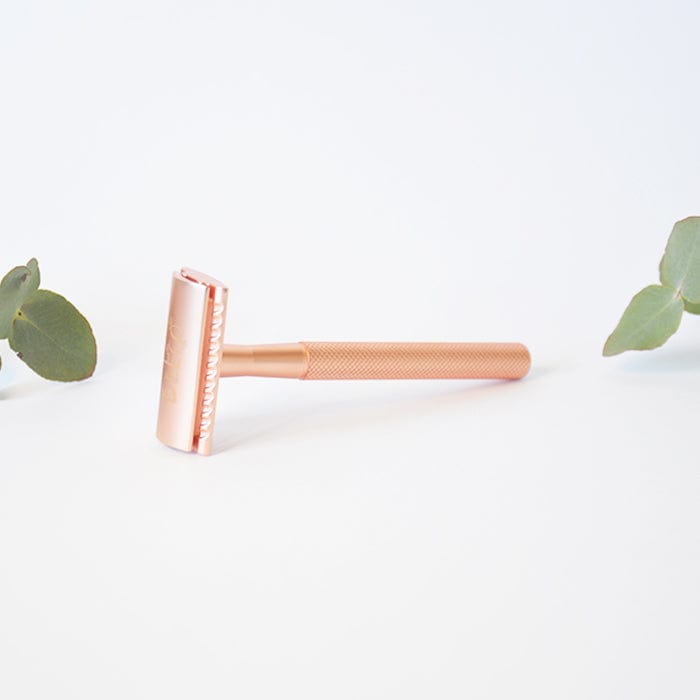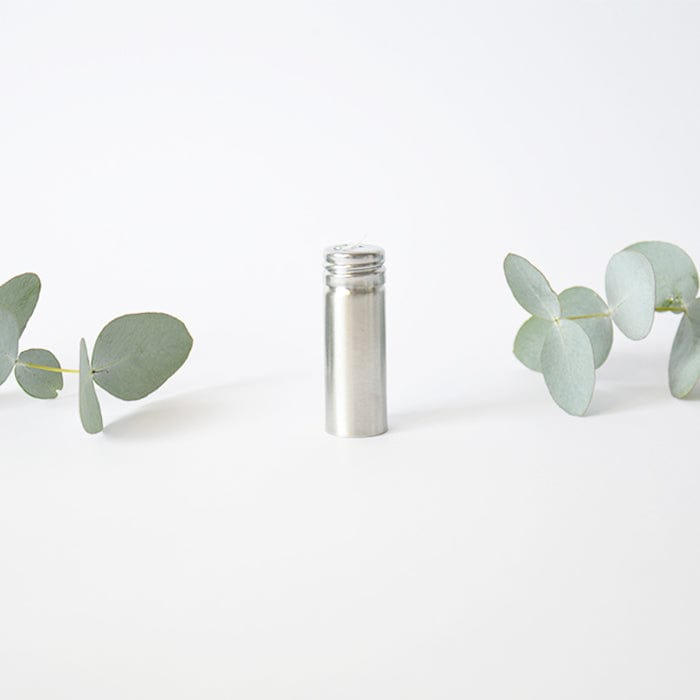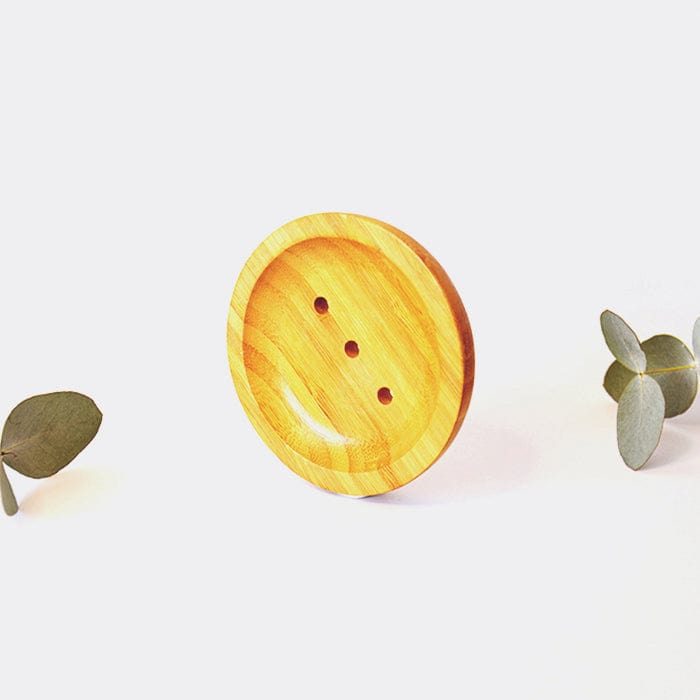We are becoming increasingly aware of our impact on the planet. Making small changes such as bringing your own reusable bag can make a big a difference over time. Annually it is estimated that 100,000 marine animals die from plastic bags and globally one million plastic bags are used every minute.
How can we decrease the use of plastic bags? Instead of single use plastic bags use recycled paper bags, reusable grocery tote bags, reusable RPET bags, and any other type of eco bags you can find. Switching to a reusable grocery bags is an eco friendly option that will reduce the amount of plastic entering landfill and our oceans.
What Are Reusable Produce Bags?
Reusable produce bags are sustainable bags that you can reuse time and time again. Reusable produce bags reduce the need for plastic bags at home and in the grocery shop.
Convenient and affordable, these bags are durable and have plenty of space for storing all your groceries and other shopping items. Some jute bags or canvas bags have specialist compartments where you can store large jars, bottles and fruit and vegetables.
What Are Reusable Produce Bags Made Of?
Plastic bags are by-product of fossil fuel, and once used, they end up in landfill or in the ocean. In addition to adding to landfill, the production of plastics means that 1.7 billion tonnes of crude oil get burned annually.
Unlike plastic bags, reusable produce bags are an eco friendly alternative designed to last. There are a number of different fabrics used to make plastic free bags:
· Organic cotton (grown without pesticides)
· Recycled cotton (reclaimed cotton scrap or offcuts)
· Traditional cotton (raw and natural)
· Hemp
Polyester, nylon, and polypropylene are commonly used in the making of plastic produce bags. As some of the best materials for reusable bags, they're versatile, durable, resistant to chemical corrosion, and easy to clean.
The problem is, they are by-products of plastic and petrochemicals. Also, they're non-biodegradable. Upon disposal, they don't break down easily.
Which Reusable Bags Are Best?
There are several types of reusable produce bags. They include:
Mesh Produce Bags
A mesh produce bag can eliminate the use of plastic bags. In fact, they can prevent the use of up to 1000 plastic bags over its lifetime. Besides using mesh produce bags for storing vegetables and fruit. You can use them as snack bags, laundry bags, nut milk bag and toy storage bag.
They're lightweight and allow you to see what's inside. They may be made from cotton, hemp or RPET mesh.
RPET Bags
PET is a strong material commonly used to manufacture water bottles, soda bottles, and food jars. When recycled it becomes RPET which can be used to make a range of products such as reusable produce bags, insulation, shoes, car parts and blankets. 100% waterproof and strong, RPET bags are ideal for carrying fruits, veggies, and other purchases.
Is RPET safe? Yes, it's safe. When responsibly processed, the recycling process will; identify the source of the plastic, ensure all contaminants are removed and any conditions of use such as intended temperature of use or washing instructions will be clearly outlined.
Grocery Tote Bags
Some of the best reusable shopping bags are grocery tote bags. They are light mesh or canvas and can be easily folded and stored inside a handbag or backpack or pocket. Many grocery tote bags have a reinforced bottom for added strength. These bags are available in a range of colours with short or long carry handles which are suited to hand carry or over should carry.
Recycled Paper Bag
Produced from 100% recycled paper, recycled paper bags are eco friendly and sustainable alternative to plastic bags. These bags are unbleached and are usually kraft brown and come in a range of different sizes and thicknesses. These bags will biodegrade over time and the more sturdy reinforced bags can be reused many times. Bags range from a square bottomed with carry handles to a sandwich style thin paper bag used in bulk food stores, they are easy to fill and comfortable to carry.
Is It Safe to Store Food in Grocery Bags?
It's safe to store food in grocery bags. Experts recommend a reusable produce bag made from recycled paper, RPET, or organic cotton. Grocery bags made of nylon and polyester may contain traces of petrochemicals, so ensure you wash your produce thoroughly before consuming. When you store food in a plastic bags, it is possible for some chemicals leach into the food.
Another option for storing your food is a food grade silicone food bag or silicone pouch, these are BPA free, dishwasher safe, fridge and freezer safe.
What Kind of Plastic Bags Are Used to Pack Food?
Most retail and grocery bags and bread bags are usually made from high-density polyethene or HDPE. Experts consider this to be a low hazard plastic. As such, it has a low risk of leaching chemicals. You need to know that it contains nonylphenol, which is dangerous to aquatic life.
Low-density polyethene or LDPE is another form of plastic used in packing food. It has high impact strength, good chemical resistance, and strong wear absorption. Like PET and HDPE, it does not leach nasty chemicals, making it safe to hold your food.
How Do You Clean Reusable Bags?
You can hand wash your reusable produce bags with warm water and soap. Alternatively, you can machine wash on a gentle cycle with mild laundry detergent. Before washing, turn the reusable bag inside out. This will help to remove all the dirt and accidental spills from your purchases. Please note that the care instructions for your bag will depend on what it is made of. Fabric bags may be safe to machine wash, however, bags made with a poly
